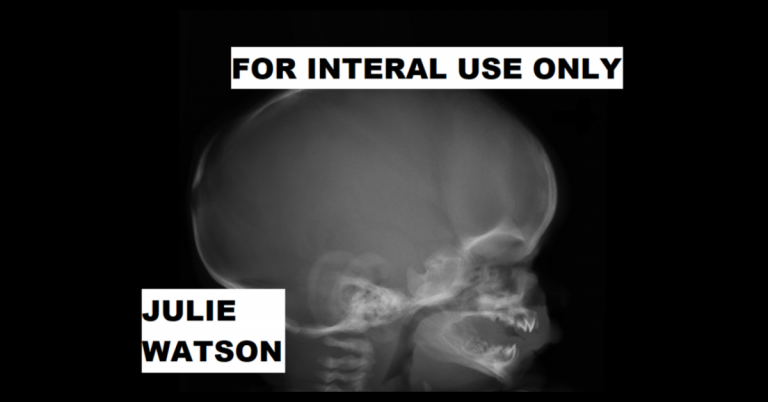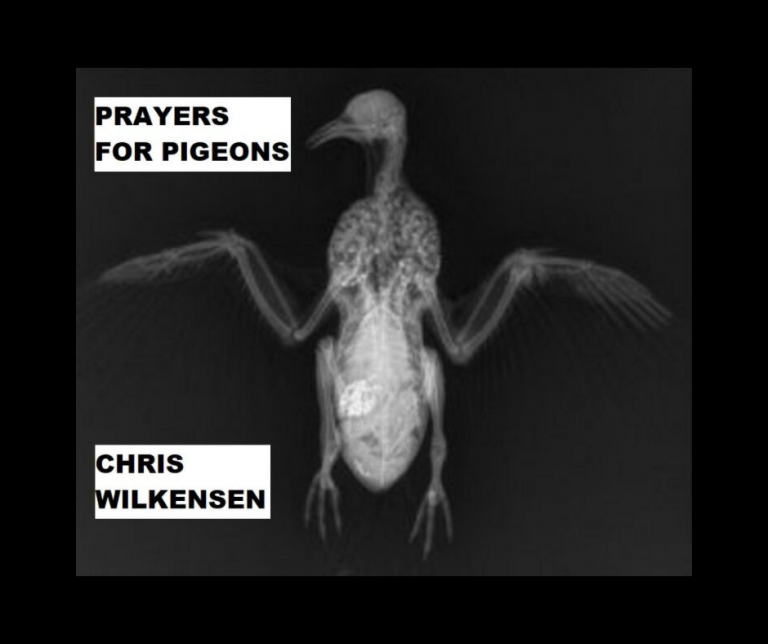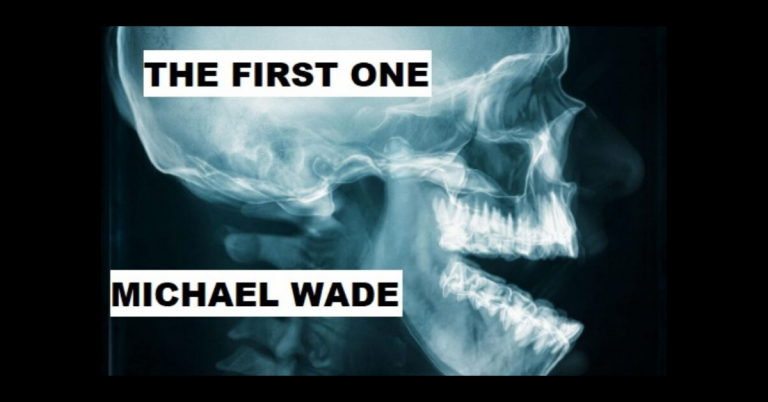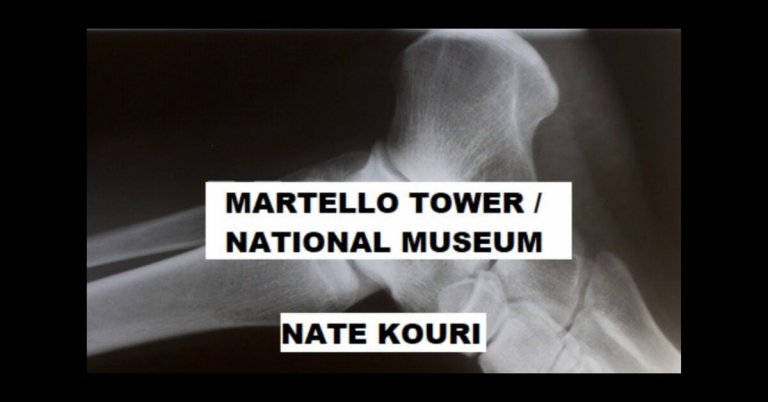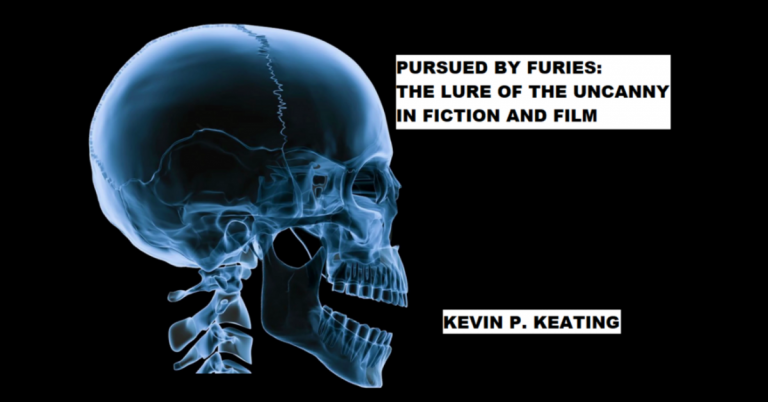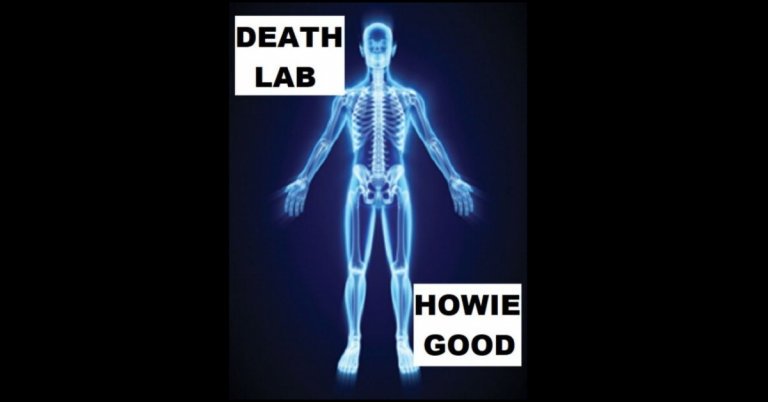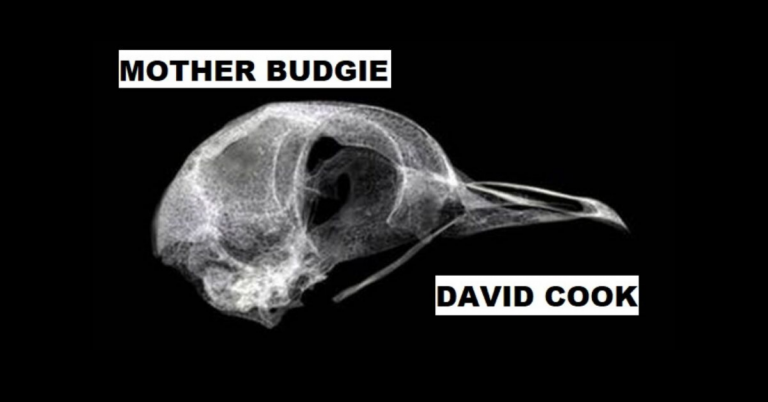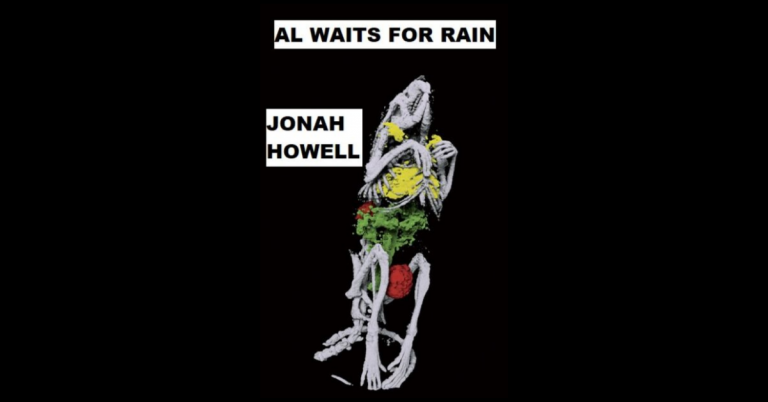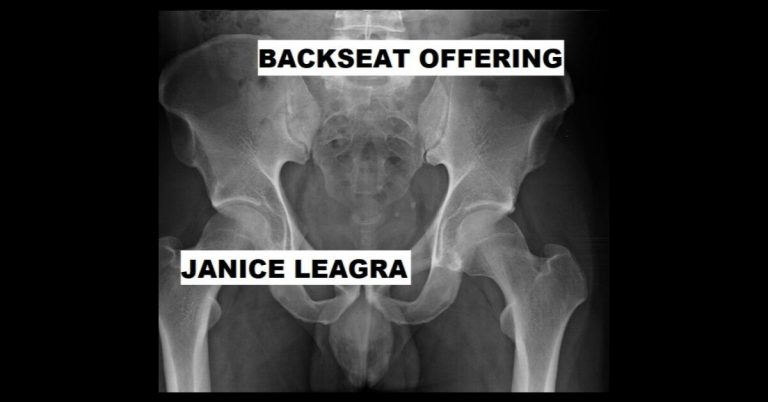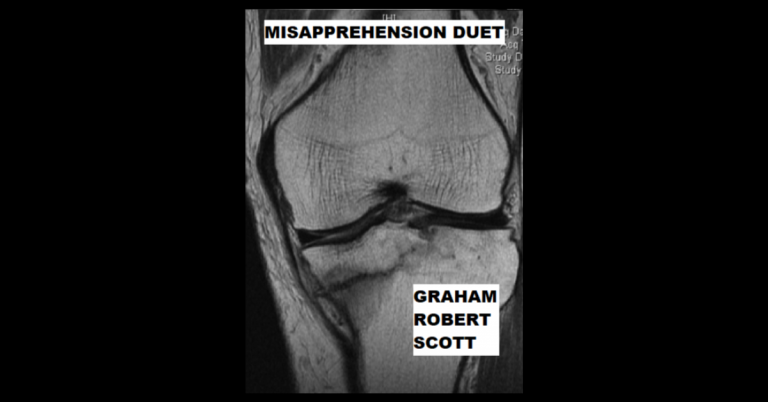
MISAPPREHENSION DUET by Graham Robert Scott
Even by nine a.m., the heat’s settled in like a blanket, calories by the zillions, welling out from laboring bodies and machines under the desert sun, trapped under layers of atmosphere and cloud and smog. Damp handkerchief in one clenched fist, Dale Brenner mops brow and crown. He aims his lips at the reporter—Gina? Tina?—and bellows against a cacophony of straddle carriers and trucks, of containers crashing into place: This freight’s all dead tires. Once it makes port, it’s on its way to ’Nam. A sideloader grinds by. As G(T)ina checks her phone, its driver gives Dale the bird. It’s

